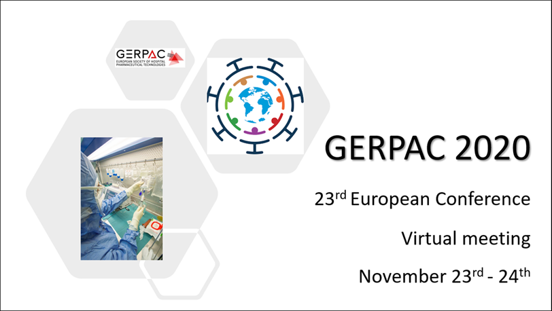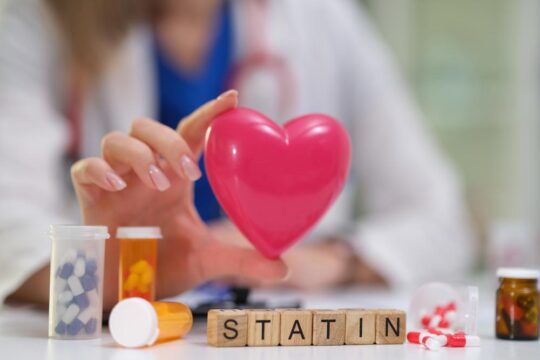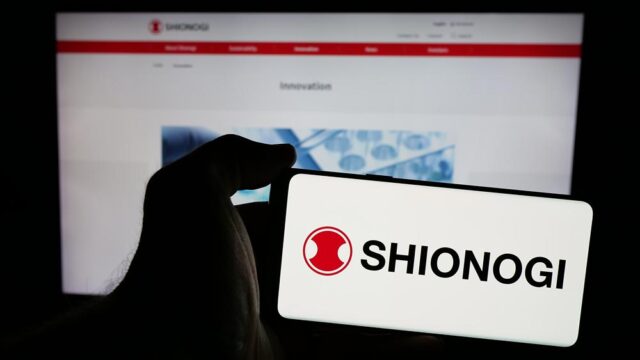Advertisment
GERPAC highlights 3: Bacteriophage-loaded hydrogel

Article written by Christine Clark
A bacteriophage-loaded hydrogel proved to be effective treatment for a chronically infected knee prosthesis, according to Thomas Briot and colleagues (Red Cross Hospital, Lyon, France).
Infection is one of the most serious complications of artificial joint replacement surgery. Faced with the case of a 58-year old man suffering from a persistent S. aureus knee prosthesis infection, physicians opted for bacteriophage therapy in order to preserve the joint and the patient’s mobility. The bacteriophage was required in a gel form suitable for administration into the joint and the tibial part of the prosthesis.
Defensive Antibacterial Coating (DAC® Novagenit, Italy) was chosen as the gel vehicle. This product is extensively used with antimicrobial agents to prevent implant-related infections. Two suitable bacteriophages were obtained from Pherecydes-pharma (Nantes, France) in suspension form.
In normal circumstances the bacteriophage suspensions have to be diluted in isotonic sodium chloride, but owing to the instability of the DAC hydrogel in the presence of ions, water for injection was used in this case. Samples of the aqueous suspension were taken for sterility testing and endotoxin assay. The suspension was packed in syringe and sent to the orthopaedic operating theatre where a pharmacist was in charge of the hydrogel reconstitution. The syringe containing the cocktail of bacteriophages was connected to hydrogel syringe and the mix was performed manually. A spreader was connected to the syringe and bacteriophage-loaded hydrogel was applied directly to the prosthesis.
Five days after surgery, the surgical site was clean and patient returned home.
Close cooperation among clinicians, surgeons, pharmacists, industrial companies developing bacteriophages and health authorities was required to make this treatment possible. So far, bacteriophage therapy has not been approved by the regulators in France and no medical device is available to load bacteriophages for application to prostheses. This case has been reported to the French National Agency for Medicines (ANSM), as a matter of record. Mr Briot called on pharmacists to take responsibility for such preparations to avoid the risks of amputation for patients.
GERPAC – Groupe d’Évaluation et de Recherche sur la Protection en Atmosphère Contrôlée (Group for Evaluation and Research for Protection in Areas under Control).The 2020 virtual GERPAC Congress was held 23-24th November 2020.





